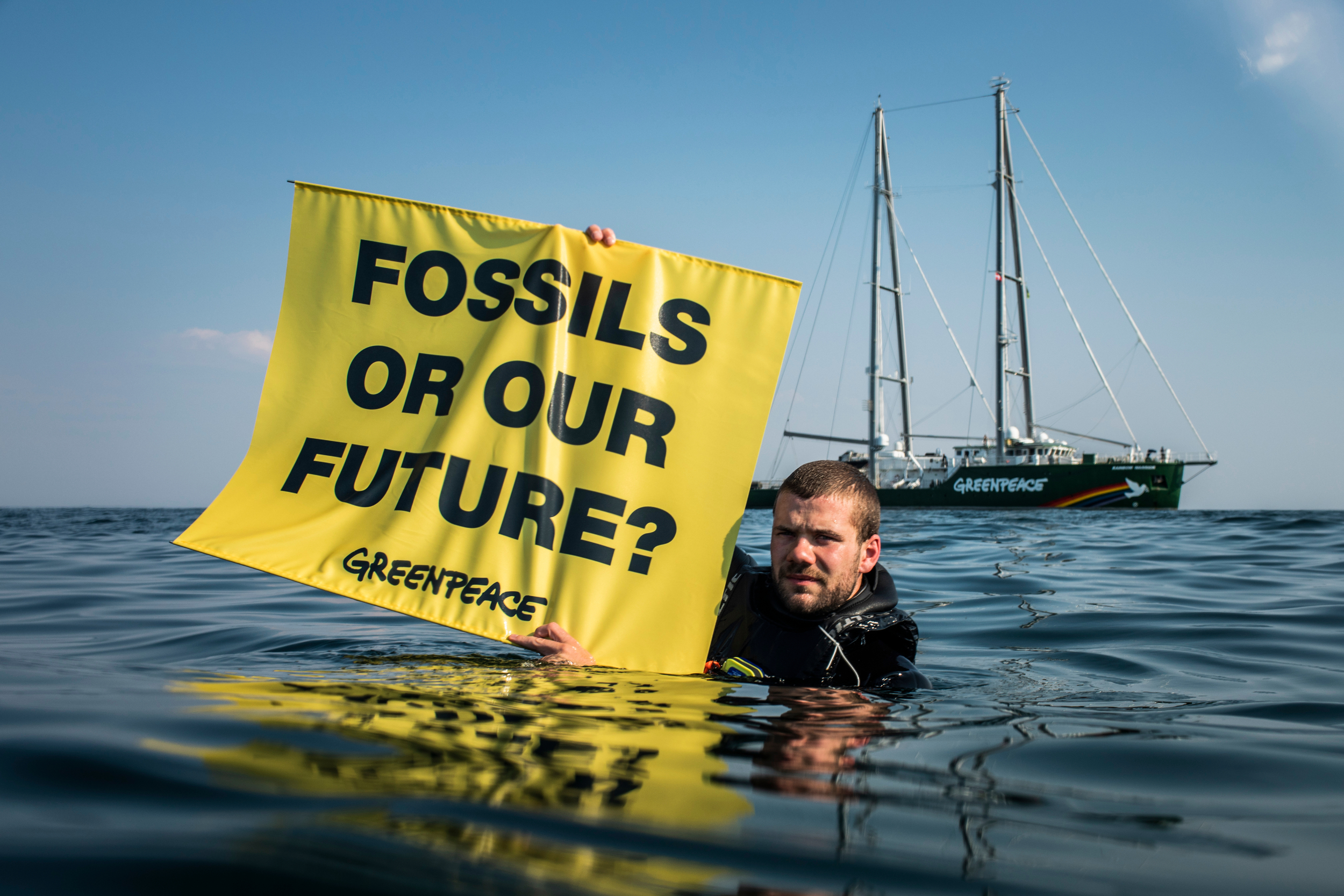As the next step in its Trump-like climate denial, the Luxon Government is today planning to push a law through Parliament to end the ban on new offshore oil and gas exploration permits, via the Crown Minerals Amendment Bill.
“In the middle of the climate-amplified torrential rain pouring down onto our sodden country, the Prime Minister wants to bring back more fossil fuels that make climate change worse,” says Greenpeace Aotearoa Executive Director Dr. Russel Norman.
“This comes on top of his decision to give $200million to subsidise fossil fuel exploration as part of Budget 2025, in a desperate attempt to entice oil companies back here.
“It is like trying to bring back the fax machine – fossil fuels are already the most expensive form of electricity generation yet still Luxon is trying to revive this destructive industry.
“The Government should be building a clean, affordable energy future – not dragging New Zealand backwards into higher energy bills and climate chaos.
“Luxon is also jeopardizing New Zealand’s new trade agreements with the European Union and the United Kingdom. Ministry of Foreign Affairs advice confirmed that restarting oil and gas exploration was a likely breach of these agreements.
“We can have expensive fossil fuel subsidies, expensive electricity, expensive climate-fuelled flooding, expensive breaches of our trade agreements; or we can move on from the fossil fuel era. Luxon has chosen the former.
“Luxon can try to entice Big Oil back into Aotearoa with taxpayer funded subsidies,” said Dr Norman. “But people power in New Zealand kicked every single international oil giant trying to drill for deep sea oil out of our waters one by one, and we will do it again if they do come.
Greenpeace says the move also flies in the face of last week’s historic International Court of Justice (ICJ) ruling, which reinforced states’ legal obligations to prevent climate harm, uphold human rights, and take international responsibility for cutting emissions.
“The International Court made it clear: governments must act to prevent climate damage and strengthen the legal grounds for climate-impacted communities to hold governments accountable.”


